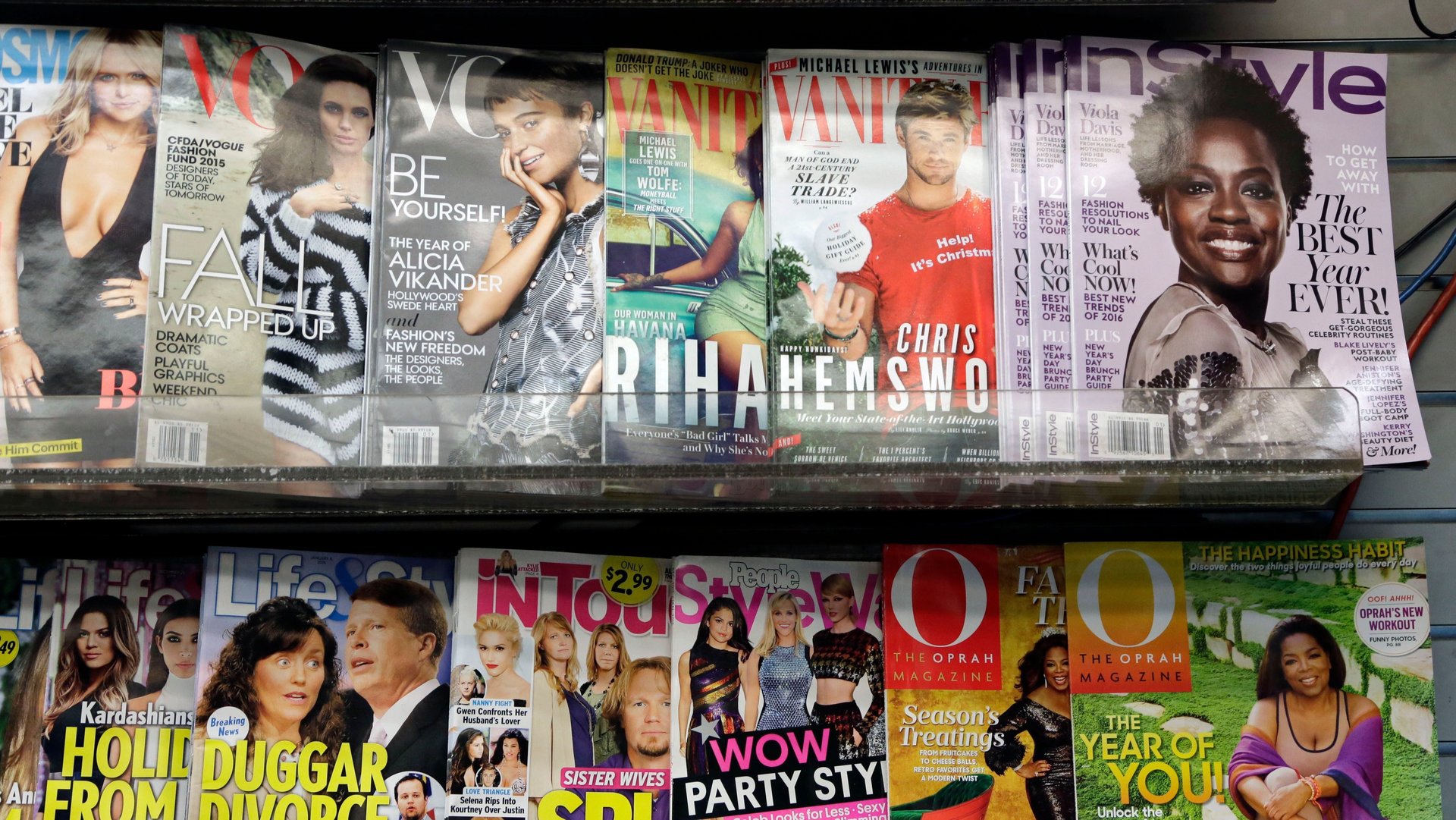Actress Jameela Jamil says airbrushing has been “weaponized” against women
Terrible photo editing has claimed many high-profile casualties: Lena Dunham’s arm, Adam Levine’s torso, Demi Moore’s hip.


Terrible photo editing has claimed many high-profile casualties: Lena Dunham’s arm, Adam Levine’s torso, Demi Moore’s hip.
But when regular people are inundated with heavily doctored media images of celebrities and models, the effects are far more insidious. Constant exposure to advertising and social media images with unrealistically doctored images can have toxic effects on self-esteem, body image, and eating disorders, particularly for younger people.
Actress Jameela Jamil is fed up with it. Jamil, who features on the sitcom “The Good Place” and is among the 2018 roster of influential women on the BBC 100 Women list, penned an essay for the BBC about the ways these images have negatively affected her and others.
Photo altering has “been weaponized, predominantly against women, and is responsible for so many more problems than we realize,” she wrote. “If you see a digitally ‘enhanced’ picture of yourself, you run the risk of becoming acclimatized to that level of flawlessness and it makes it harder for you to accept your actual image—the one that exists in real life, in the mirror.”
Jamil disclosed that she has struggled with eating disorders, brought on in part by unrealistic standards for women’s bodies and criticism from audience members who reject anyone who doesn’t meet their idealized expectations. She founded the @i_weigh social media movement as a way for people to highlight attributes that aren’t based on physical appearance.
It’s a message many consumers are ready for. The American Eagle lingerie brand Aerie saw its sales rise after it stopped using digitally altered models in its ads. The online retailer Asos was praised after it featured a swimsuit model with the visible stretch marks.
The counter to artificial beauty, Jamil argues, is the real kind.
“Delete the apps and unfollow those who are complicit in this crime against our gender,” she wrote. “We need to see spots. We need to see wrinkles. We need to see cellulite and stretch marks. If not, we will become almost allergic to the sight of them, even though we all have these things on our own bodies. We need to be honest with ourselves and with each other so that we can all be free.”